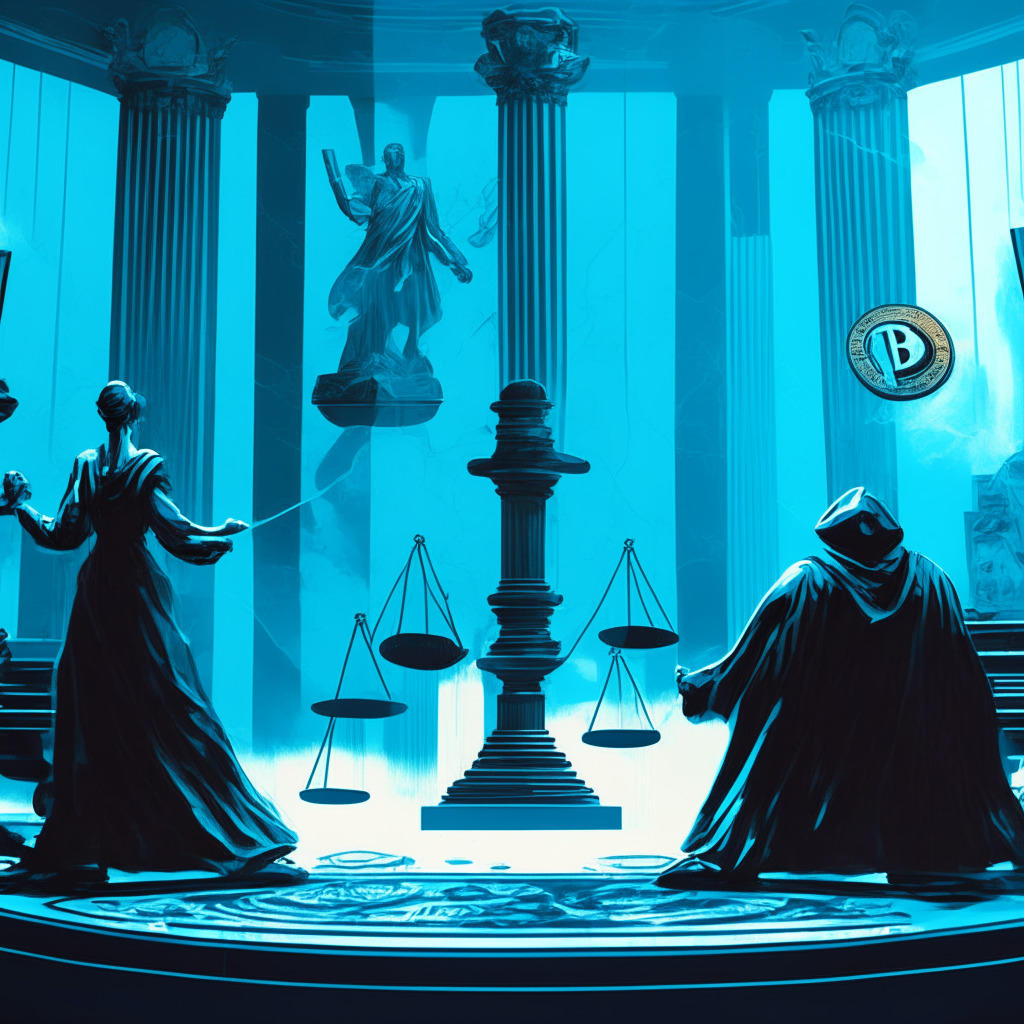Allegations are on the rise against the U.S. Securities and Exchange Commission (SEC) as attorney John Deaton, representing over 75,000 XRP token holders, claims that the SEC is not working in the best interests of the Coinbase and Binance users. In response to these allegations, Deaton is pushing for a unified group of users to have a voice in the lawsuits, and he is recommending that a class of customers and crypto account holders using these platforms come together to explore the possibility of participating in the lawsuits and potentially receiving amicus status.
The crypto market, however, remained relatively unfazed by the back-to-back lawsuits, with Bitcoin price registering a modest weekly loss of just 1.73%. In the Ripple Vs SEC lawsuit, 15 amicus briefs emerged in support of Ripple from notable names such as Coinbase, Blockchain Association, and Chamber of Digital Commerce.
Amicus status, also referred to as an “amicus brief,” is granted to a person or group who is not directly involved in a case but has a strong interest in it. In order to be considered for amicus status, those interested must approach the court for permission to submit their arguments and insights.
To this end, attorney John Deaton seeks information from Coinbase and Binance customers, stating that the exchanges can only be expected to look out for themselves, rather than their users’ best interests. In light of this, Deaton says, users’ voices need to be heard in court. With the purpose of establishing a class of customers and crypto account holders using these platforms, Deaton has shared a Google Form for interested parties to express their interest in filing for amicus status.
Deaton alleges that the SEC has an underlying agenda in not acting in the best interests of retail crypto holders. Amidst the broader implications of regulations on the crypto-industry and the potential impact on investor rights, the question of whether or not users should have a voice in legal proceedings unfolds. Proponents argue that it is essential for customers to influence the lawsuits, while others maintain that the responsibility should be left to the exchanges and regulatory bodies.
As the debate continues, it remains to be seen whether a class-action approach will be effective in ensuring that investor rights are protected, or if instead, placing the burden entirely on the exchanges and regulatory bodies will yield more favorable outcomes. What is clear, though, is that as the cryptocurrency market evolves, the balance between protecting users and maintaining industry growth is paramount.
Source: Coingape




